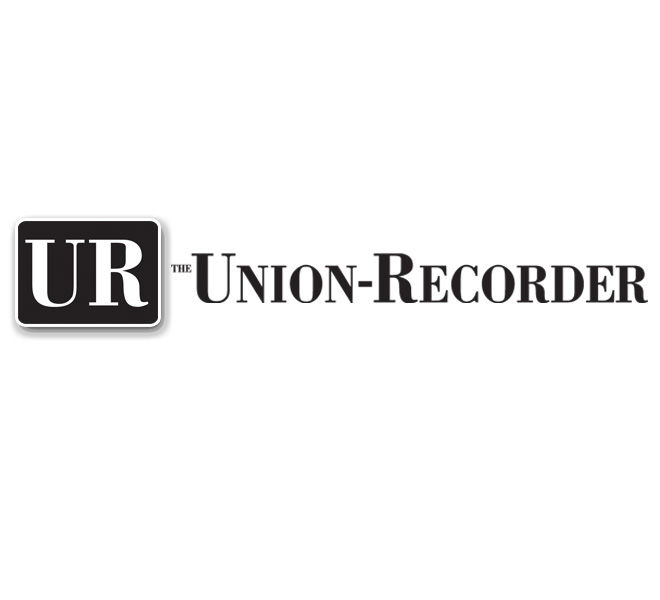EDITORIAL: Watch out for those tax scams
Published 4:29 pm Thursday, January 16, 2025

- Editorial
It’s tax season again, which means a new crop of income tax scams will soon start circulating. Each year, thousands of unsuspecting people lose money and their personal information to tax scams. Scammers use the regular mail, telephone, or email to set up individuals, businesses, payroll and tax professionals, which means we all need to mindful of these identity thieves and their increasingly sophisticated tactics.
The Internal Revenue Service and state other agencies frequently warm people to beware of evolving phishing scams that use various pandemic-related themes to steal personal data.
As some businesses and independent tax preparers make less than reputable claims and provide misleading information in anticipation of tax season, residents should do their homework and keep a close eye out for these kinds of deals and scams.
Trending
According to the Internal Revenue Service, taxpayers should beware of falling victim to paid income tax preparers who file fraudulent tax returns on behalf of their customers.
The IRS urges taxpayers to:
— Avoid tax preparers who claim they can get larger refunds than other preparers.
— Review your return before you sign it and ask questions on entries you don’t understand.
— beware of evolving phishing scams.
— Never sign a blank tax form, and remember to find out the tax preparer’s credentials.
Trending
— Be mindful of flyers and brochures implying credits or refunds available without proof of eligibility and offers of free money that require no documentation.
— Do not click on email links or open attachments in unsolicited, suspicious or unexpected text messages.
The IRS also encourages taxpayers to not be hesitant to ask questions of their tax preparer. While it may be true that most paid tax return preparers provide honest and professional service, there are some who engage in fraud and other illegal activities. Remember that no matter who prepares your tax return, you (the taxpayer) are ultimately responsible for all of the information on your tax return.
According to the IRS, scams may differ in themes, but they generally have two traits:
–They appear to come from a known or trusted source, such as a colleague, bank, credit card company, cloud storage provider, tax software provider or even the IRS.
–They tell a story, often with an urgent tone, to trick the receiver into opening a link or attachment.
These schemes can involve text message scams, email schemes and phone scams. Remember that the IRS will never call or demand payment by phone, gift card or wire transfer. Generally, the IRS will reach out by U.S. mail delivered by the U.S. Postal Service. To verify the IRS sent the letter or notice, you can search for it on IRS.gov. Some letters are sent from private collection agencies. The IRS may also reach you by email, text message (only with prior permission) or fax. In-person visits are rare, according to the IRS. Revenue officers, revenue agents and fuel inspectors carry an IRS-issued credential (pocket commission) and HSPD-12 card. If you feel unsafe or suspect that a visit is not legitimate, the IRS website says to call 911.
If you suspect tax fraud or know of an abusive return preparer, the IRS urges taxpayers to report activity to the nearest IRS office. This information can be communicated in writing or by phone. You can report most scams with Form 14242. Submit Form 14242 online at the IRS website or mail or fax in a form. You can contact the IRS by phone at 1-800-366-4484 or visit www.IRS.gov for more information.





